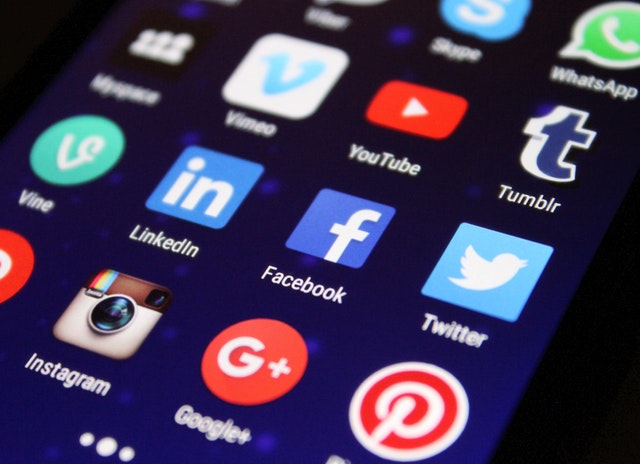We hear about the “digital footprint” we leave as we walk through life, whether it’s on social media, though ecommerce transactions, or via email. Once a moment is digitized, it’s virtually (pun intended) impossible to have it removed. Perhaps that’s why entrepreneur and TED-talker Juan Enriquez coined the term “digital tattoo” to more accurately describe the mark we make as we move through the online world.
College Acceptances are Conditional
Students are told to make good choices in their actions and to be careful about what they post on social media, yet it’s unclear whether they’ve heard the message. While seniors are (deservedly) patting themselves on the back for their university acceptances and plump financial aid packages, they may not have read the fine print. College acceptances – and institutional scholarships – are conditional. A university can revoke an acceptance at any time. Teenagers’ lack of judgment (remember, that part of the brain doesn’t fully develop until the mid-twenties), combined with their proclivity to document their lives on social media, have the makings of a powder keg. Just ask the ten Harvard admitted students whose offensive Facebook memes resulted in the Ivy League school rescinding the students’ offers of admission.
College Admissions Officers Check Social Media
In a February 2017 Kaplan Test Prep survey of college admissions officers, 35 percent said that they check applicants’ digital tattoo. Of those, 47 percent said that what they discovered on Facebook, Twitter, and Instagram had a positive impact, but 42 percent said it had a negative impact. Positive social media posts included students’ posts about awards, community building, and family businesses. Those that detracted from candidates’ application packages included a revelation of a felony conviction, racist language, and questionable photos.
Anecdotally, we’ve seen external scholarship committees that check finalists’ online presence prior to finalizing a scholarship award. If a finalist’s digital tattoo raises more questions than it answers, they’ll be passed over.
Prevent a Digital Tattoo
Students who want to make a good digital impression need to start early. They should sign up for a college- and career-ready email address that is neutral. The student who uses “LoveToParty@gmail.com” on their college and scholarship applications likely won’t get a positive response. Next, students should be familiar with and use social media privacy settings. On some platforms, students can choose not to make posts public; similarly, they can restrict their friends and others from tagging them in photos or posts. On other platforms everything is public, so it’s important that students mind their digital manners. Above all, they need to keep in mind that all digital communication – even texts and emails – has the potential to be made public. A good rule of thumb? A student shouldn’t do anything online that they wouldn’t do with their high school principal standing in the room.
Want more info and tips about college admissions and scholarships? Subscribe to the Scholarship Money Online newsletter.


Leave A Comment